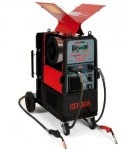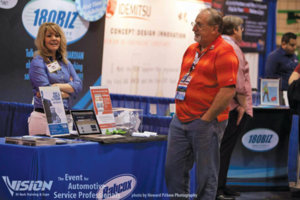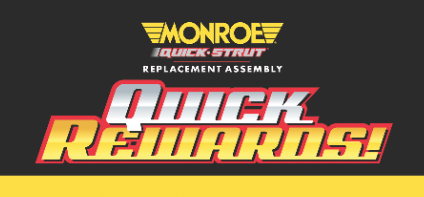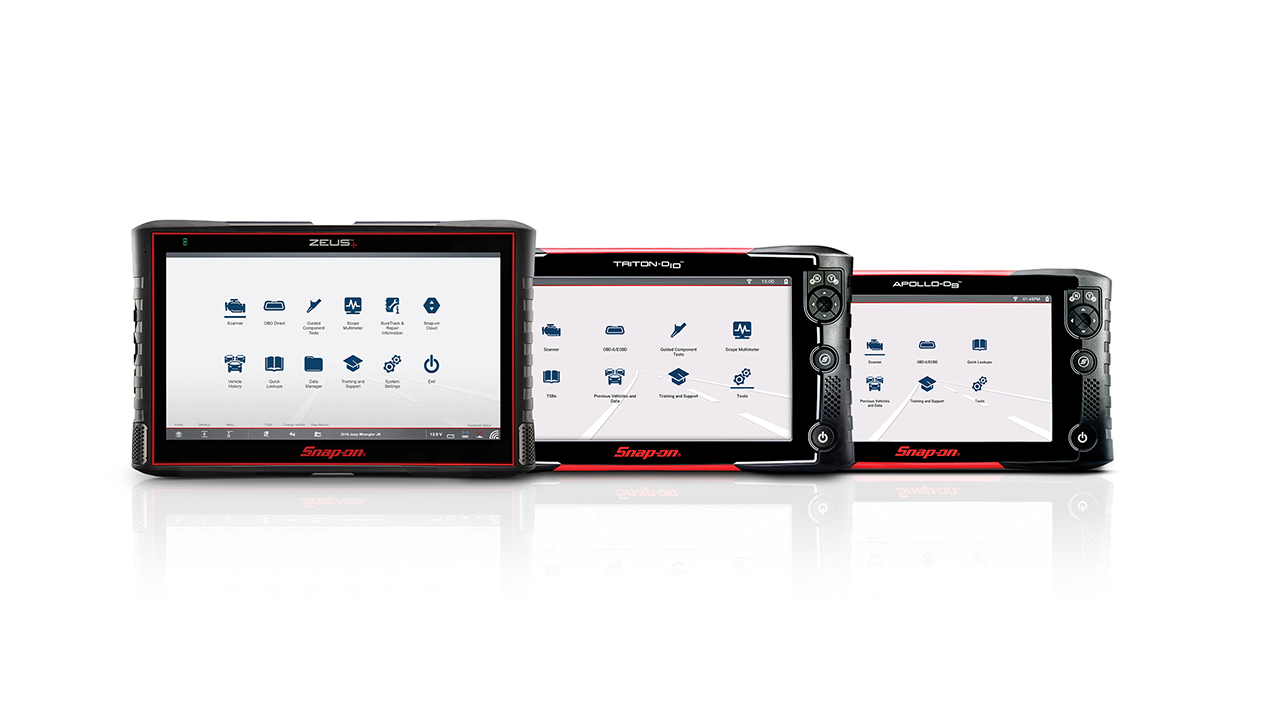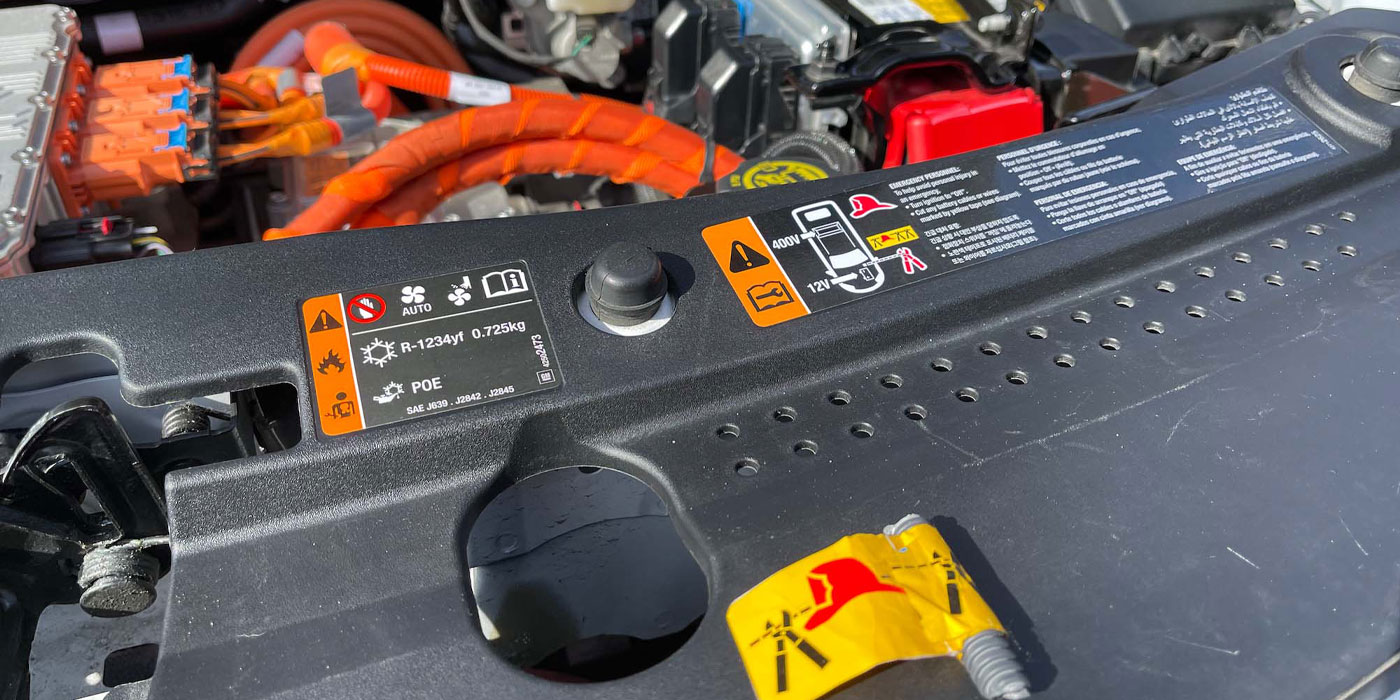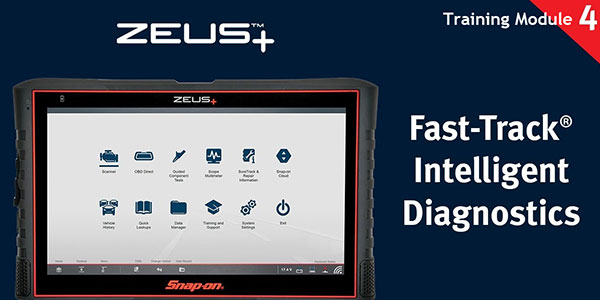A new English/Spanish Glossary of technical automotive terms has been released by the National Institute for Automotive Service Excellence (ASE). The translations contained in this glossary represent most, if not all, of the terms a technician may encounter on the associated bilingual certification exams. The “Preferred Spanish” translation for each English term or phrase is intended to represent a translation that should be correctly understood by any knowledgeable Spanish-speaking automobile technician, regardless of where their Spanish originates. Given the variations in Spanish from country to country, and region to region, creating a universally understood technical document in Spanish is a substantial challenge.
ASE facilitated the development of this glossary through a series of face-to-face workshops (meetings) using native Spanish-speaking bilingual subject matter experts (SMEs) from around the country. Collectively these SMEs represented at minimum, Spanish variants from Mexico, Puerto Rico and Cuba; thus representing the vast majority of Hispanics in the U.S. Additionally, other participating SMEs originated from countries such as Spain, Ecuador, Nicaragua, Colombia and the Dominican Republic. This project was funded, in part, by a grant under the President’s High Growth Job Training Initiative, as implemented by the U.S. Department of Labor’s Employment and Training Administration.
The glossary was developed to assist ASE with the production of bilingual English/Spanish test forms. However of equal importance, is its availability as a valuable resource to Spanish-speaking test candidates as they prepare to take the ASE exams. In the near future, ASE expects to incorporate these lists into a more comprehensive English/Spanish glossary that encompasses all the current test areas.
Since May 2005, four Automobile/Light Truck ASE certification tests are being offered in a parallel, English-Spanish format during the traditional Spring and Fall test administrations. Those tests are A1 – Engine Repair, A4 – Suspension and Steering, A5 – Brakes and A6 – Electrical/Electronic Systems. Only the regular certification tests are being offered in this format; no recertification tests are available in bilingual form.
The ASE English/Preferred Spanish Glossary is being released into the public domain and can be used by anyone free of charge, although ASE requests that where substantial portions of these works are incorporated into the user’s materials, the National Institute for Automotive Service Excellence (ASE) be given source credit. Publishers of training and service information should find this preferred Spanish glossary helpful, as many currently produce several Spanish versions of their materials for specific Spanish-speaking countries — a costly and self-limiting option. The ASE glossary of preferred Spanish terms can help them move toward a single publication that would be well suited for the diverse Hispanic population in the U.S. Additionally, for training providers who prepare technicians for the ASE tests, this resource that can help them use the same Spanish terminology in their training that technicians can expect to see on the exams.
ASE considers the glossary a “work-in-progress” and expects to release updated versions as they are developed. Users are advised to check with ASE periodically for additional releases and updates. Given that the process of translation is not an exact science, and the Preferred Spanish was developed in the context of specific undisclosed ASE test questions, the user of these materials must exercise appropriate judgment and linguistic expertise when using the glossary as a resource.
When consensus for a single translation could not be reached, it became necessary to add another translation option in parentheses. For example, caliper was translated to mordaza (caliper). Although most Spanish-speakers would understand mordaza as a brake caliper, it was believed by the SME group that others would only understand caliper.
In addition to names of automotive parts and systems (nouns), the glossary also includes many verbs and modifiers within the context of typical use in ASE test questions. As with English words, their meaning may not be limited to what’s presented. Some terms that were considered fundamental and universal (e.g. numbers, colors, common verbs, articles, etc.) are not included in the glossary.
For more information, or to download a copy of the glossary, visit the ASE website at www.ase.com and look in the Download section under the "ASE Resource Center."

